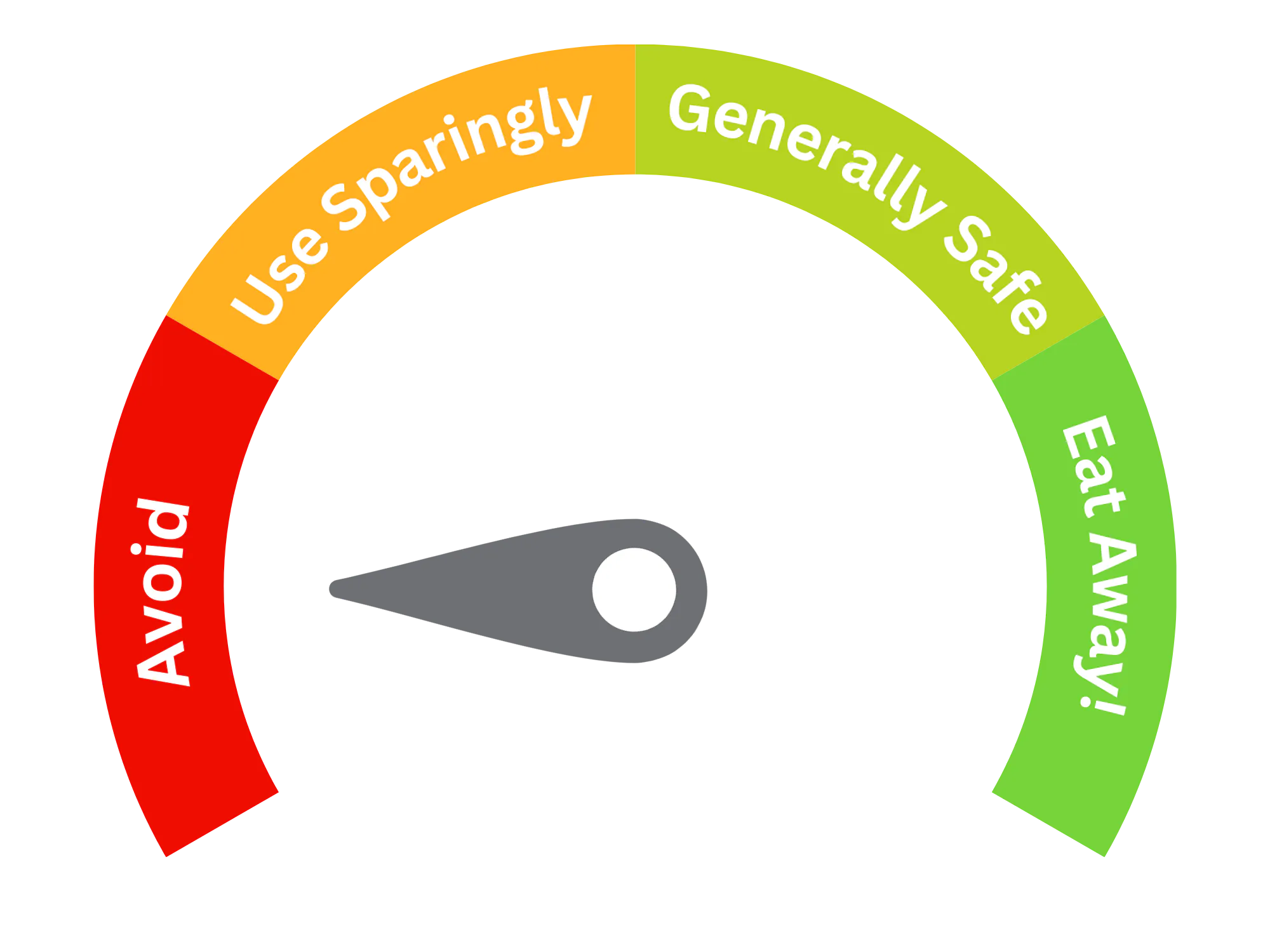Titanium Dioxide (E171)
Purpose and Function
Titanium Dioxide (E171) is a naturally occurring mineral used in the food industry primarily as a white colorant. It is highly effective at providing a bright, opaque white color and is used in a variety of products. Common applications include:
- Confectionery: Used in candies, chewing gum, and sweets to provide a bright white coating or to lighten other colors.
- Bakery products: Added to cake decorations, icings, and frostings for a bright, white finish.
- Dairy products: Found in some cheeses, creamers, and dairy-based desserts for whitening or color enhancement.
- Processed foods: Used in sauces, dressings, and other processed snacks to provide an even, white appearance.
- Supplements and pharmaceuticals: Used in pills and capsules as a white pigment for coating and to make them easier to swallow.
Titanium dioxide is a very popular additive due to its ability to provide an intense white color without affecting the flavor or texture of the food.
Potential Risks and Side Effects
Titanium Dioxide (E171) has been the subject of increasing scrutiny in recent years due to potential health concerns:
- Inhalation risks: Titanium dioxide is considered safe when ingested, but it has been classified as a possible carcinogen by the International Agency for Research on Cancer (IARC) when inhaled in large quantities (such as in industrial settings). This does not apply to food use, but it has raised concerns about the safety of nanoparticles in food.
- Ban in certain regions: In 2021, the European Food Safety Authority (EFSA) concluded that E171 could no longer be considered safe as a food additive due to uncertainties about its ability to accumulate in the body. As a result, it has been banned for use in food products in the European Union since 2022. However, it is still approved for use in other regions, including the United States, Australia, and Canada.
- No immediate toxicity: Current evidence suggests that titanium dioxide is not acutely toxic when consumed in small quantities. However, concerns about its potential long-term effects, particularly in its nanoparticle form, have prompted further studies.

